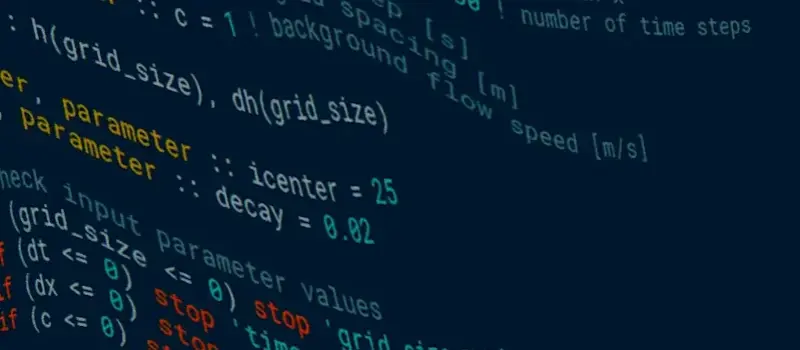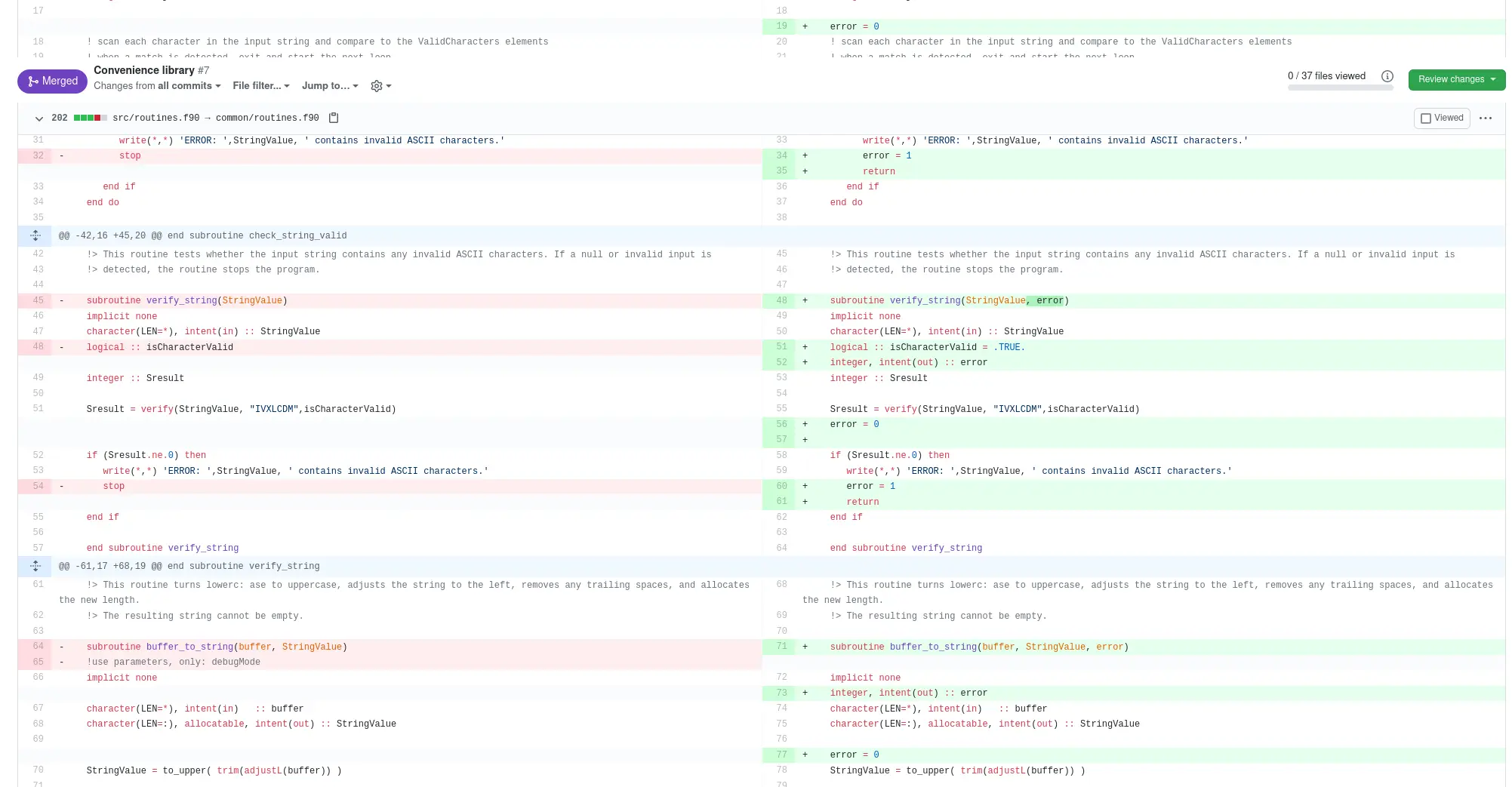RSE team activities up to June 2022

The RSE team in ITS Research has had a busy few years since we started sharing our work in this blog. In this post we look at some highlights of recent activity and what we have to look forward to.

The RSE team in ITS Research has had a busy few years since we started sharing our work in this blog. In this post we look at some highlights of recent activity and what we have to look forward to.

You may wonder why some jobs start immediately but some wait in the queue for hours or days, even if your job is quite simple. If you notice your job has been queueing for a while, you may want to consider adjusting the requested resources to reduce queueing time and reduce any potential resource wastage as the job runs. Below, we outline two useful tools for you to check the resource usage of previous jobs.

Polytomous variables can be used to model data that has two or more possible outcomes. For example, a survey with multiple-choice questions is polytomous. The R package, poLCA, does statistical clustering of polytomous variables. For example, grouping together survey results that are similar to each other.

Once we've written a program more advanced than our "Hello, world!" example, we're going to make mistakes. In this post, we'll look at how we can use the very compilers we're using to compile our program to pick up on some of these mistakes.

In this tutorial we'll be showing you how to visualise HEALPix results using Jupyter Notebook in our OnDemand appliance on the Apocrita HPC cluster. We'll start with installing the required Python packages before demonstrating how to run the Healpy tutorial.
Information about running other components of HEALPix not covered in this tutorial can be found on our docs site.

Hello! I am Sherman and I have just joined the RSE team at Queen Mary. Glad to meet you all!
My background is in computational statistics and machine learning. I have completed projects in rainfall prediction, defect detection for 3D printing and Markov chains using Monte Carlo. These projects involved collaboration with various scientists, such as meteorologists, engineers and statisticians.

An understanding of file permissions is important to the success of computational jobs, and the security of your files.
The default settings are suitable for some, but not every use-case: without sufficient awareness, your files may be visible to people who should not be able to access them, and vice-versa.
Since the last module update in December 2019, we have:

Over the past year, researchers from QMUL's William Harvey Research Institute (WHRI) have engaged on a collaborative code review club. Through this collaborative effort the group aims to peer review the computational components of their research and provide code quality assurance to all involved researchers. Additionally, the Research Software Engineering group of ITS Research has been assisting the group with knowledge transfer and by participating in the review process.

Research Software London is a community to support the use and development of research software in London and the South East. Since 2019, RSLondon has run a number of Software Carpentry workshops to teach introductory computing skills to researchers. ITSR have been involved in these efforts, providing instructors and helpers at each of these workshops.